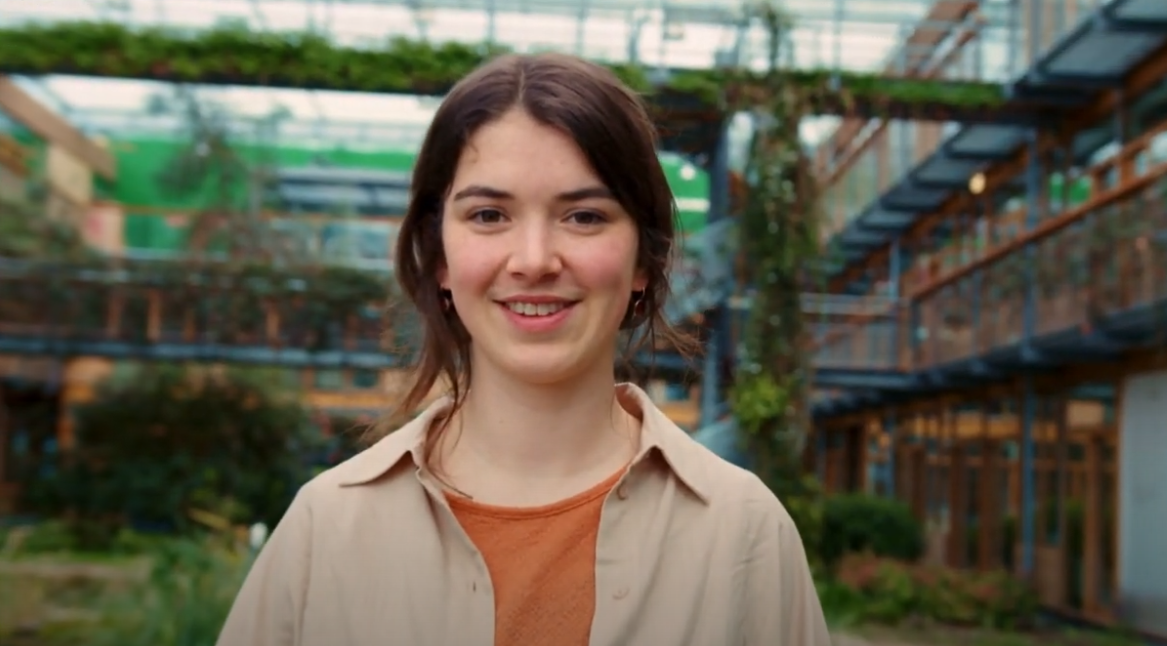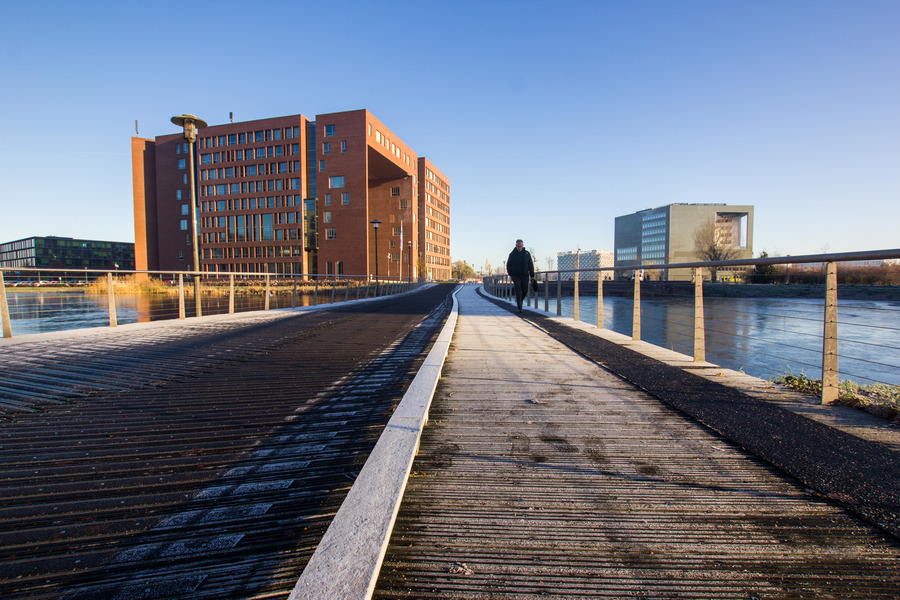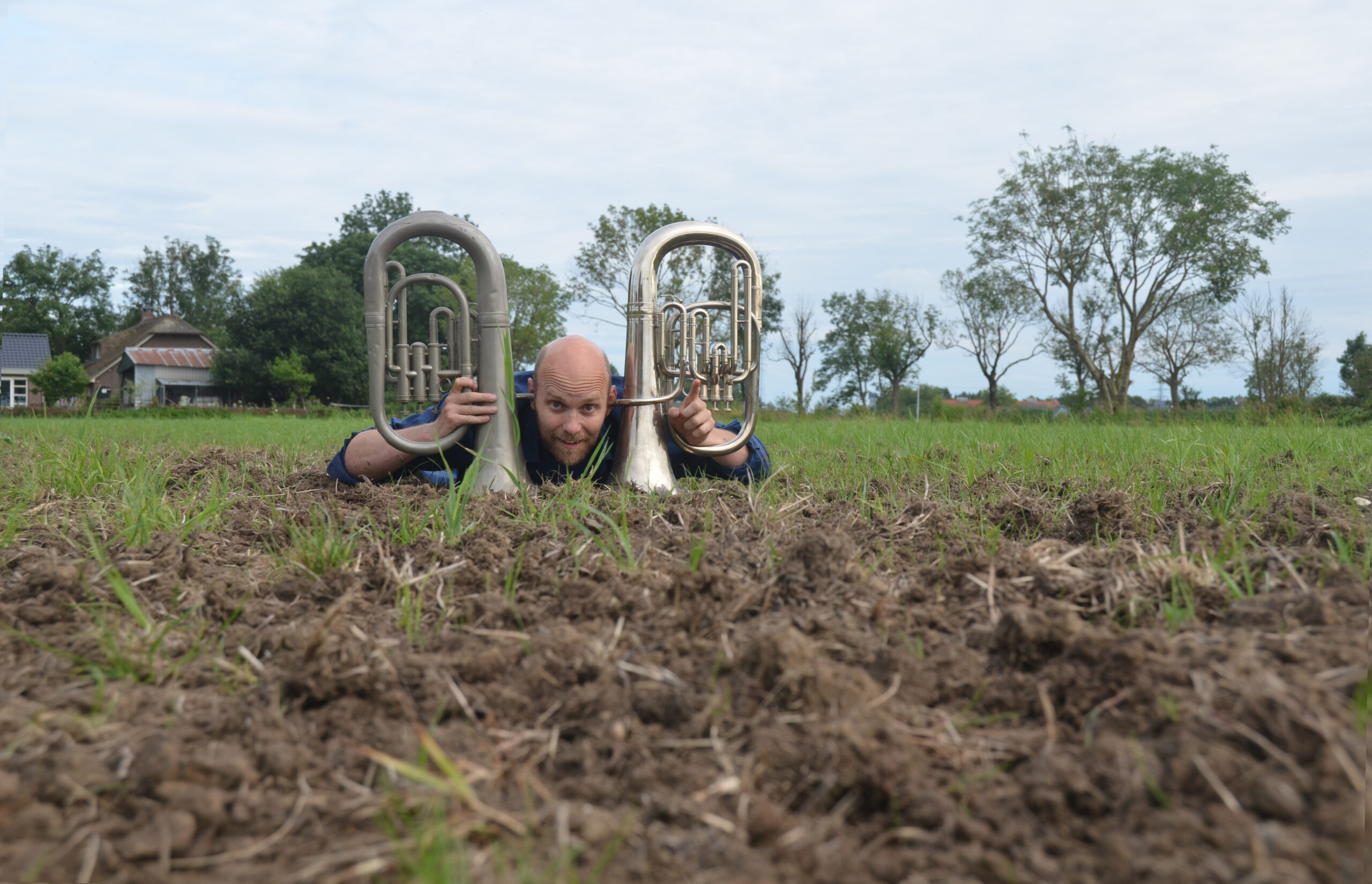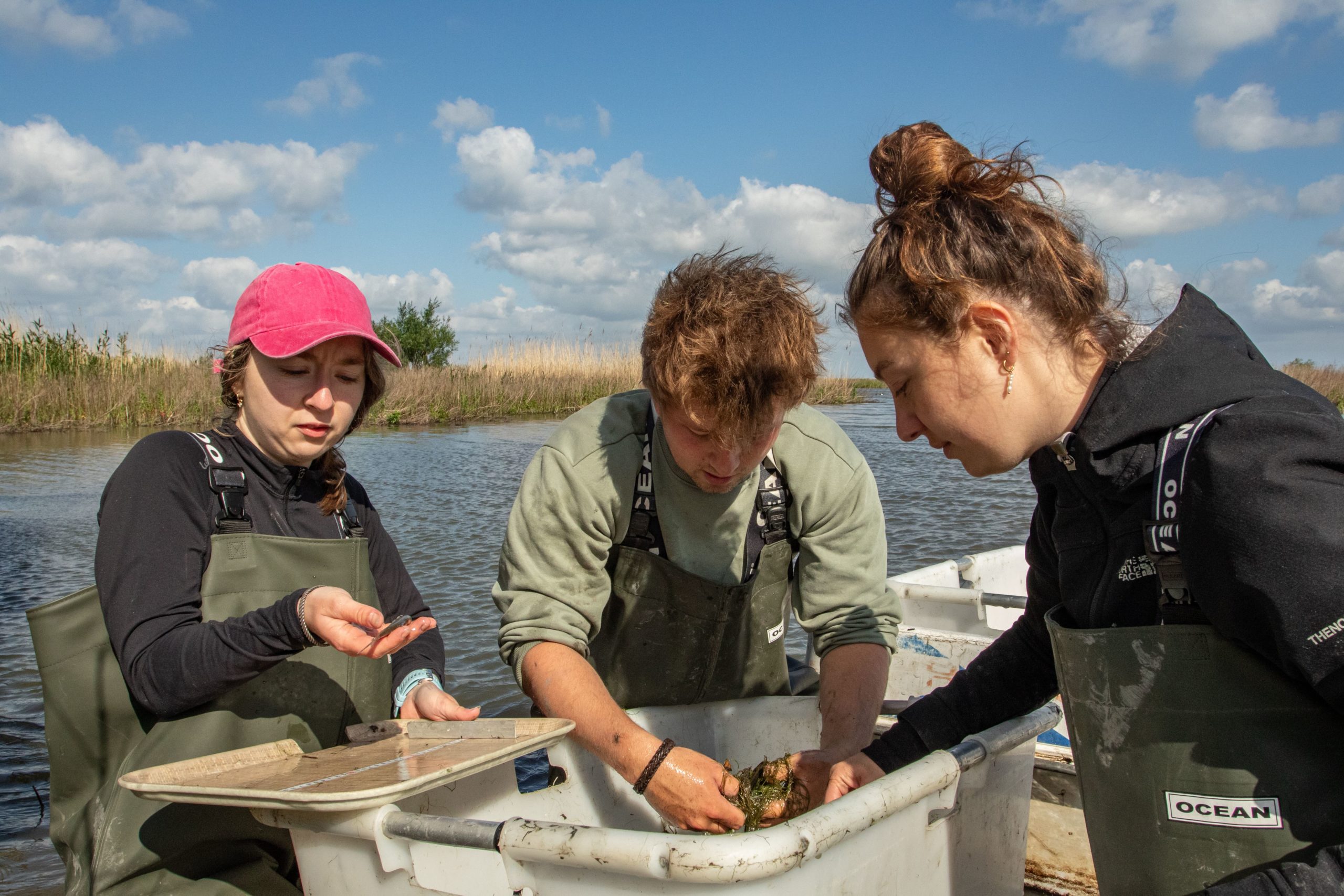Anouk Mesch was chosen as one of the ‘Faces of Science’ one year ago. Her term is now almost at an end. ‘This programme showed me the importance of science communication.’
Every year, the Royal Netherlands Academy of Arts and Sciences (KNAW) selects 12 PhD candidates as its ‘Faces of Science’. For one year, they give a glimpse into their work as scientists and thereby give science a ‘face’. Anouk Mesch (Education & Learning Sciences and Consumption & Healthy Lifestyle) shared her first blog around this time last year.
What is your task as a Face of Science?
‘As Faces of Science, we tell young people, particularly secondary school children, about science. We want to spread our knowledge, but also correct the image of a scientist: a scientist isn’t always someone wearing a lab coat.’
How did you do that?
‘We made blogs and vlogs for NEMO Kennislink and took turns posting on an Instagram account where we showed our work as scientists for a week. We also helped with inspiration evenings for teachers and we could be heard on the radio and in podcasts.
‘In addition to these information activities, the KNAW used us when there was a demand for experts on a specific theme and they wanted someone other than the usual names. In this way, they want to give the stage to young scientists.’
What have you learned from the experience?
‘This last year we did various training courses – how to stand on stage, how to come across naturally and how to explain briefly and clearly what your research is about. As a scientist, articles give you a lot of space to describe your research, but a blog or a presentation must be short and clear. And especially on social media, you must be able to explain something using one picture or in three words.’
What form of science communication best suits you?
‘I prefer talking with people. It suits me more than just “sending” a message. My PhD project SWITCH is also about schoolchildren and their teachers, so the contact I have with that target group as a Face of Science is very valuable. When I’m at a secondary school for data collection, I can of course also talk to the pupils about their ideas on science.’
What now?
‘This programme certainly showed me the importance of science communication. It’s your responsibility as a scientist to not keep knowledge to yourself. It would be nice if young people were encouraged to think about communication during their PhD or degree programme.’

 Screenshot from Anouk Mesch’s introduction video. Source KNAW
Screenshot from Anouk Mesch’s introduction video. Source KNAW 

